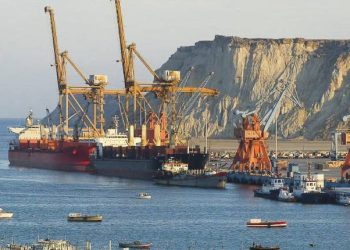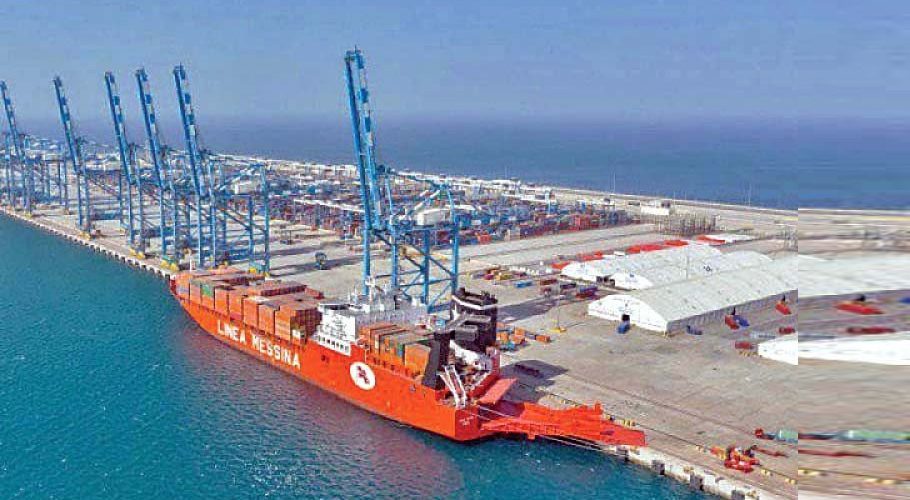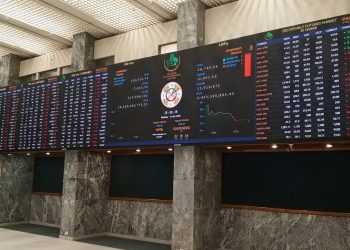The All Pakistan Textile Mills Association (APTMA) Tuesday raised concerns over the worsening state of the textile industry, blaming poor government policies for the closure of 100 textile units across the country.
APTMA Chairman Kamran Arshad, in a statement, revealed that textile production has declined by 40 percent, while exporters are facing severe capital shortages due to excessive taxation. He highlighted that sales tax refunds worth Rs. 182 billion remain stuck with the Federal Board of Revenue (FBR), further straining the financial stability of the sector.
Additionally, he criticized the FBR’s decision to shut down its Faster system for refunds, which has created further liquidity issues for exporters.
According to Arshad, the textile industry is struggling with high operational costs, as electricity is being supplied at 12 cents per unit, while the gas tariff has surged from Rs. 1,100 to Rs. 3,500 per MMBTU in just two years.
He also pointed out that the government has imposed heavy taxation on the industry, including a 5 percent levy, equal corporate income tax on textile exporters, a 10 percent super tax, and a 1.25 percent advance tax on textile exports.
These multiple taxes have led to double taxation, resulting in an overall tax burden of 135 percent on exporters, making local manufacturing uncompetitive due to the high cost of electricity and production.
Arshad stressed the urgent need for policy reforms, calling on the government to eliminate the sales tax disparity between local and imported industries. He also demanded the restoration of the Export Facilitation Scheme to its 2024 framework, along with exemptions on sales tax for local supplies to exporters.
Additionally, he urged authorities to reinstate zero-rating for export sectors and restore sales tax exemptions for the entire textile value chain.
With the textile sector being Pakistan’s largest contributor to exports, APTMA has warned that without immediate intervention and policy revisions, the industry will continue to decline, leading to further closures and massive job losses.




































